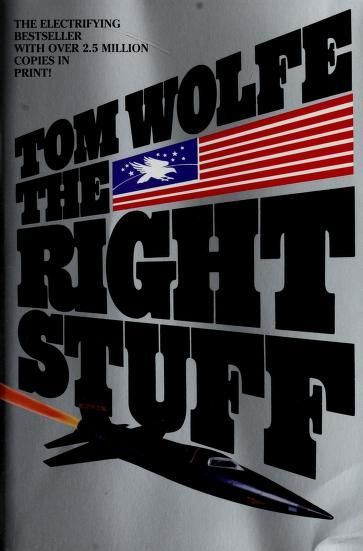
Reviews
Laura Mauler@blueskygreenstrees
Sean Goodwin@theseangoodwin
Wynn Netherland@wynn
Jeremy Anderberg@jeremyanderberg
window@window
Devin@devinmcgloin
Jeff Dlouhy@jeffd
Andrew Reeves@awreeves
Mat Connor@mconnor
Kp@ellecee
Chris Andersson@candersson
Sonia Grgas@sg911911
Allison Dempsey@alliedempsey
Jayme Cochrane@jamesco
Kate Hornberger @kate_hornberger
Michael Cowell@chaosweeper
Andrew John Kinney@numidica
Coleman McCormick@coleman
Darren O’Callaghan@darrenocallaghan
Andrew Louis@hyfen
alex m@plusfour
Ben Jenkins@benjenkins
Phil Halley@phil_halley
Tanner Hodges@tannerhodges